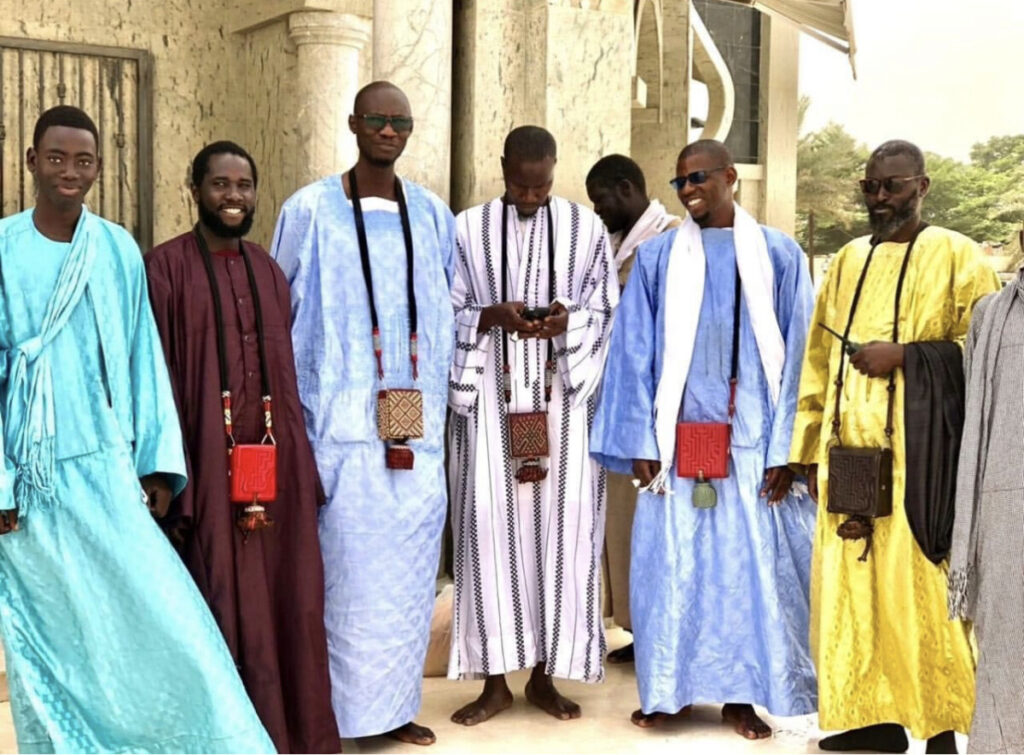“Discourse community”! last week was the first time I heard about this term. When I saw it, I thought it’s referring to a community’s speech due the word “Discourse”. However, when I read the articles about discourse community, I discovered that I am not only in one but in many discourse communities.
Firstly, my religion Islam which I can say is the most powerful discourse community that I can identify myself as a part of it. It’s all about faith and belief, and I am grateful to be a part of it. All my family including my great grandparents were Muslims, that’s why I was born Muslim, so it is a culture for me. Basically, everyone can be a Muslim if, but there are many conditions and restrictions to follow as well. For example, a good Muslim should not drink alcohol, lie, steal, have sex if he is not married, … However, violate one of these restrictions doesn’t mean you are no longer Muslim, this is considered as an infraction, and there are many ways to repent and be forgiven.
Secondly, a discourse community named “Hizbut tarqiyyah” which means community of spirituality. It’s a religious and social organization of the Murid brotherhood founded in January 1976 at the University of Dakar precisely in Pavilion A under the name of “Dahira des Etudiants Mourides” which means Organization of Murid Students. 16 years later in 1992, the Emir of Murid Brotherhood Serigne Salihou Mbacke, moral head of the organization, changed the name to “Hizbut tarqiyyah”. Indeed, to be a part of this discourse community you must be Muslim and Murid before. So, you cannot be a member in this community if you are not a part of two discourse communities. Once you join this community, you must follow many strict restrictions. They have their own style of clothing, their own ways of talking,… Many things will change on you, that’s why you must be ready to leave most of your old habits before you get in.

This is the style of clothing for members of “Hizbut Tarqiyyah”




That’s fascinating! This would make a great Portrait, I think, because it’s very specific about who can be in it and who can’t — inclusion and exclusion. A good thing to think about…
Thanks for your guide about inclusion and exclusion.